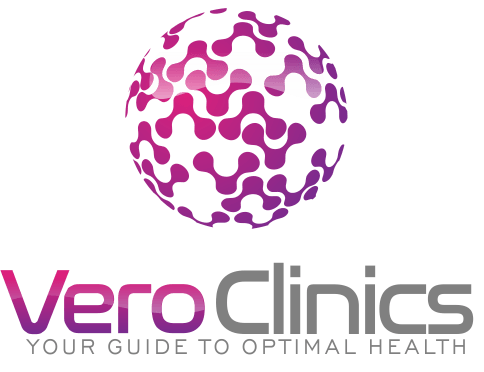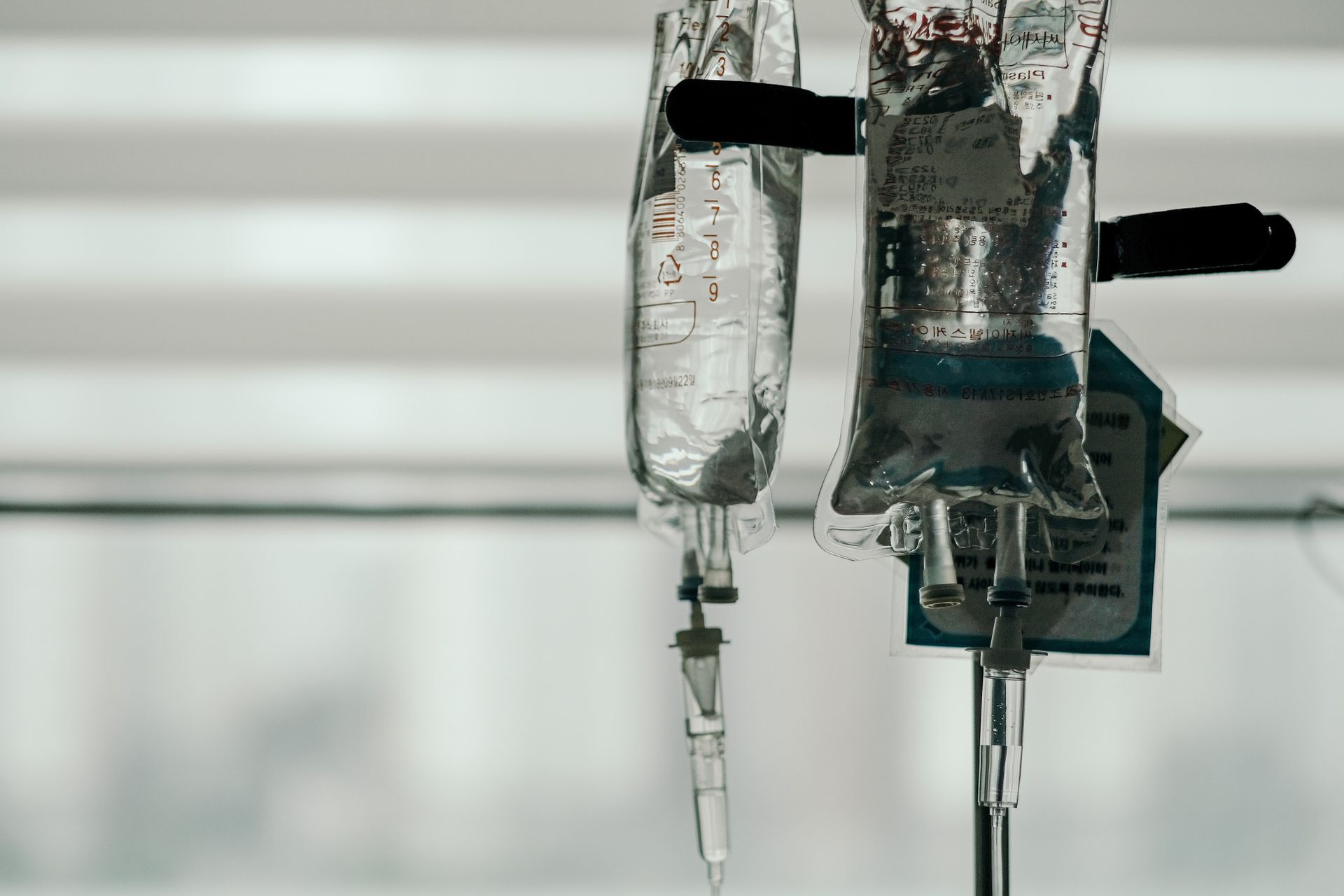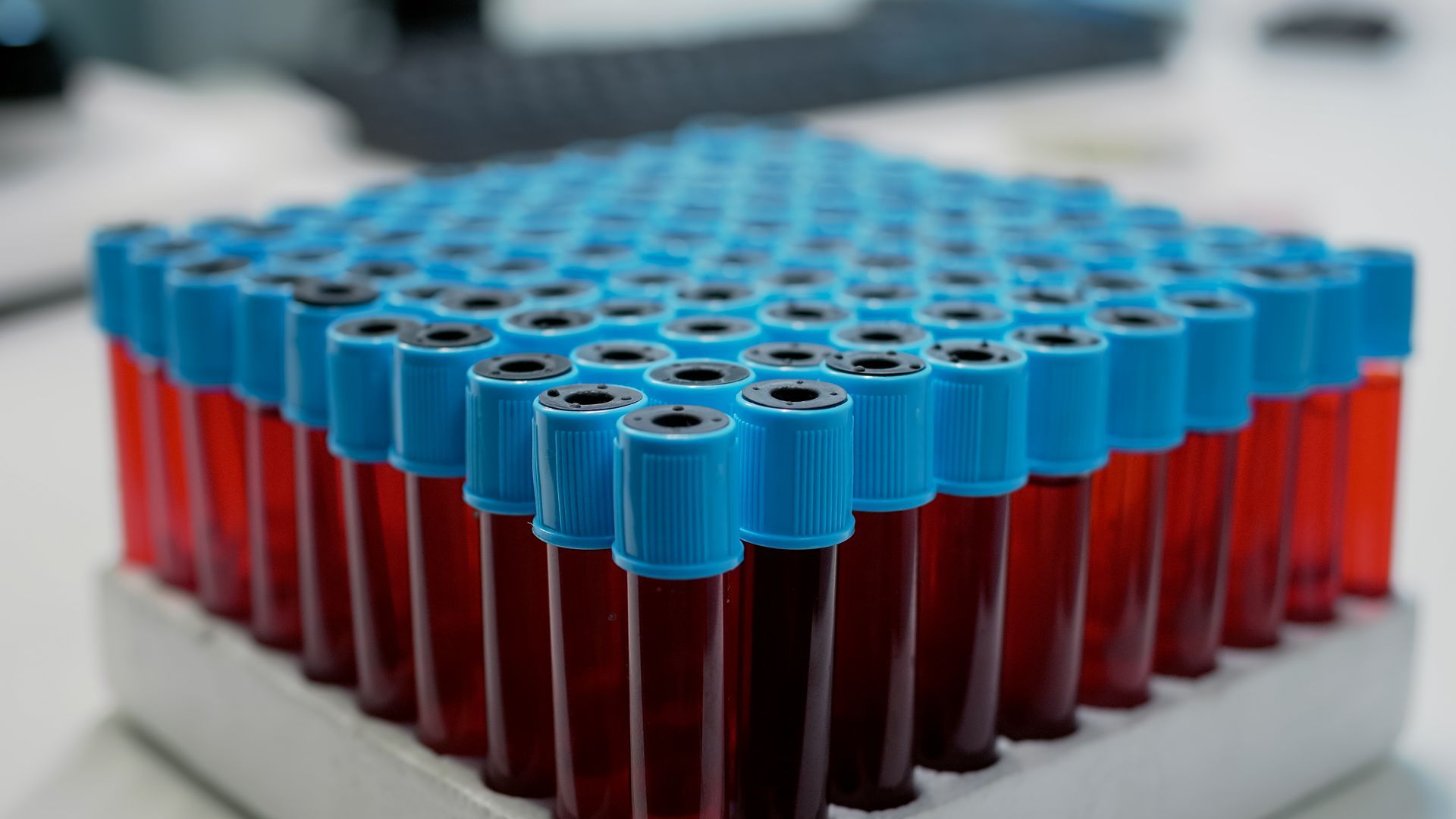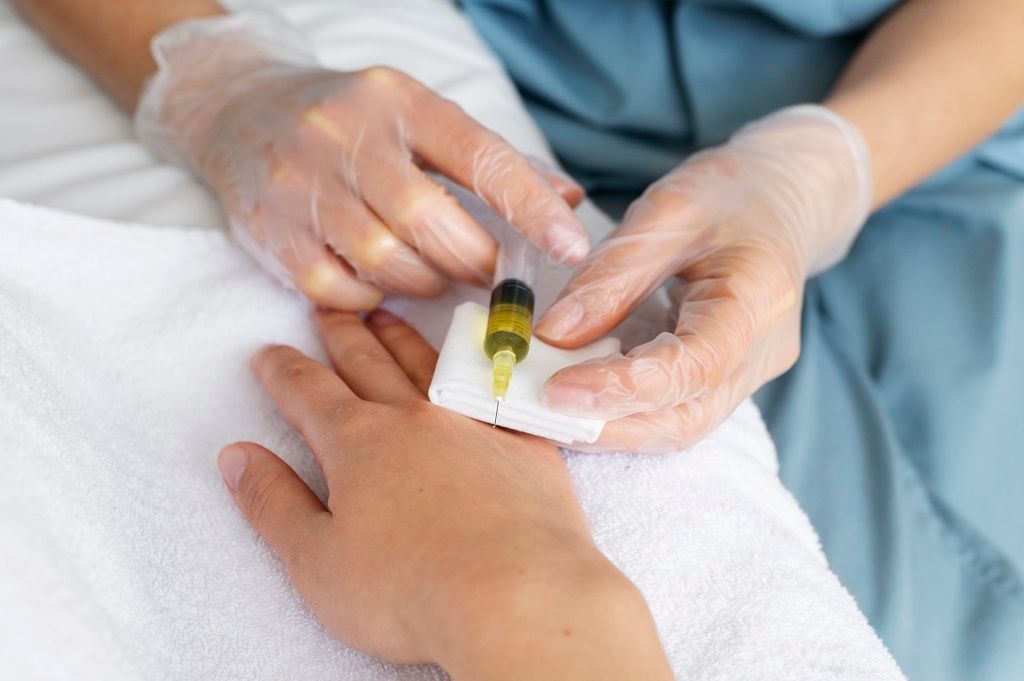What are Hormones?
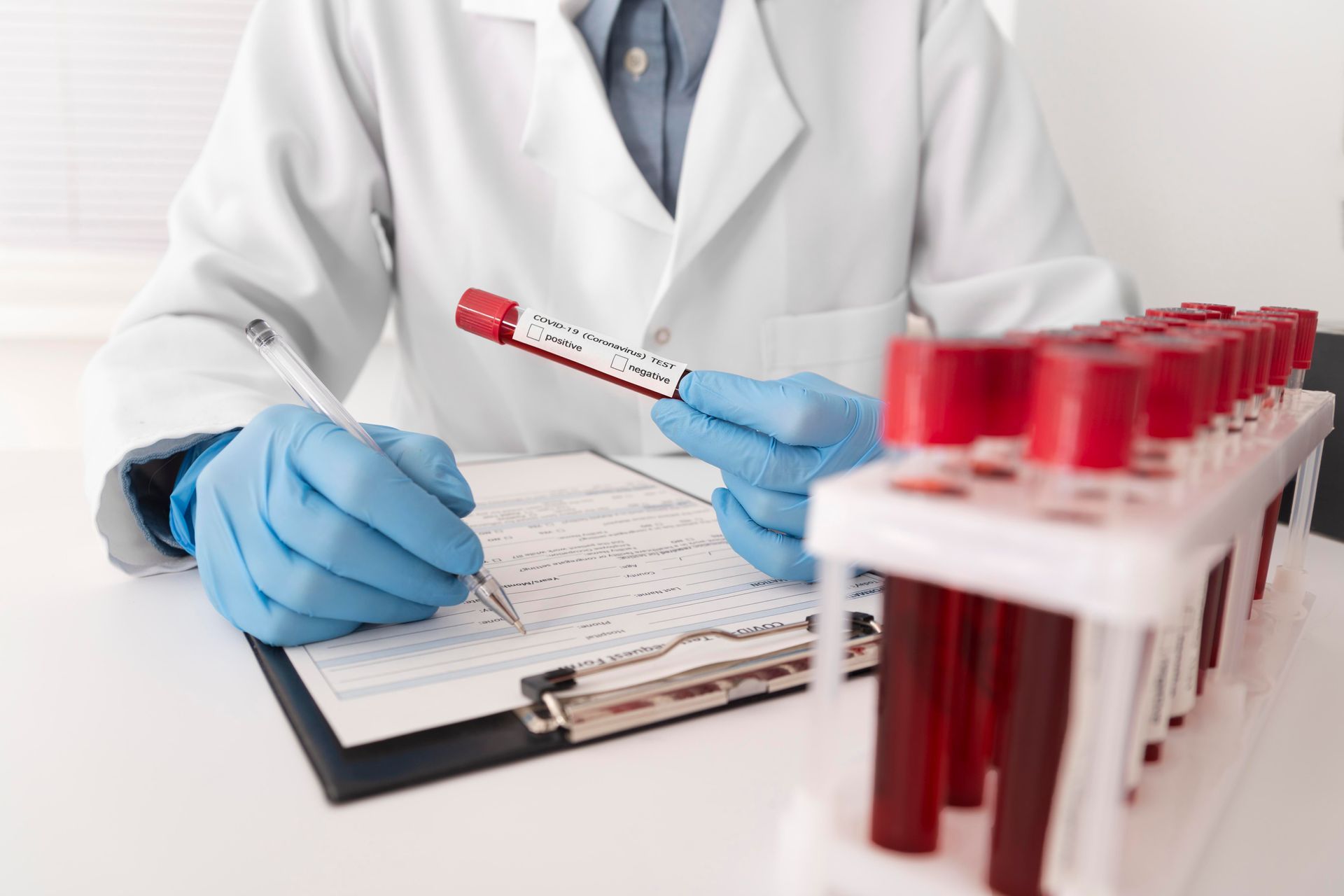
Hormones are chemical messengers made within the body and released into the bloodstream via ductless glands. Hormones can regulate the action of virtually every organ within the body. Some major hormones are insulin, testosterone, estrogen, cortisol, and thyroid hormones.
Certain cancers rely on the presence of some hormones to grow and spread. Targeted hormonal therapy that blocks the actions of hormones can be used to stop the expansion of these tumors. Hormone therapy works to forestall the expansion of tumors by preventing the formation of the hormone by the body, blocking the hormone receptors on cells, or deleting or changing the conformation of hormone receptors on their target cells.
There is also a difference between hormone replacement therapy and hormone therapy in treating cancers. Hormone replacement therapy involves the administration of hormones to restore their levels within the body after the body stops the production of the hormone. Hormone replacement therapy is frequently utilized to address symptoms associated with menopause, and it’s not a cancer treatment. On the other hand, hormone therapy treats cancer by blocking hormone production and action.
How Is Hormone Therapy Given?
Hormone therapy can be administered through several routes. Prostate and breast cancers are the most important ones treated with hormone therapy. Research is ongoing to determine the likelihood of utilizing hormone therapy to treat other types of tumors. Major routes of administering hormone therapy include:
1. Orally: Required medication is taken orally.
2. Injection: These injections can be given either in the muscle (intramuscular) or beneath the skin (subcutaneous).
3. Surgery: A surgical intervention is performed to excise certain hormone-synthesizing organs. The testicles are removed in men while the ovaries are removed in women, and this lowers hormonal levels.
Hormone therapy is systemic. This means that it moves throughout the body during its course of treatment. Localized therapies include irradiation and surgery.
What are the Risks of Hormone Therapy?
Hormone replacement therapy with an estrogen-progestin pill (Prempro) increased the risk of certain serious conditions in the largest clinical trial to date, including:
1. Heart Disease
2. Stroke
3. Blood Clots
4. Breast Cancer
Subsequent research has indicated that these risks vary depending on:
1. Age: Women who begin hormone therapy at age 60 or later, or more than 10 years after menopause, are at a higher risk of the aforementioned conditions. However, if hormone therapy is initiated before the age of 60 or within the first ten years of menopause, the benefits appear to outweigh the risks.
2. Type of Hormone Therapy: The risks of hormone therapy differ depending on whether oestrogen is given alone or in combination with progestin, as well as the dose and type of oestrogen used.
3. Health History: Your family history, personal medical history, and risk of cancer, heart disease, stroke, blood clots, liver disease, and osteoporosis are all important considerations when deciding whether hormone replacement therapy is right for you.
Side Effects Of Hormone Therapy
The absence of whichever hormone is inhibited or inactivated is usually responsible for the side effects of hormone therapy. These symptoms in women are comparable to post-menopausal symptoms, usually due to a natural drop in the body’s estrogen levels with age. Common side effects include weight gain, hot flashes, vaginal dryness, night sweats, and headaches.
The direct action of hormone therapy may also be responsible for some side effects. Hair thinning or loss, nausea, and joint and muscle pain are some side effects of hormone therapy. Hormone therapy may also increase the danger of blood clot formation and endometrial or uterine cancer.
Side effects of hormone therapy in men can include breast tenderness, hot flashes, nausea, tiredness, loss of libido, and impotence. Both women and men may be more susceptible to osteoporosis due to the drop in the body’s natural hormone levels. It’s possible to combat this side effect with bisphosphonate medication. Your doctor may also prescribe supplements and recommend various lifestyle changes to lower the risk of developing osteoporosis.
How Can I Tell If Hormone Therapy Is Working For Me?
Imaging tests are usually performed to monitor the tumor's response to hormone therapy. Common imaging tests include MRI scans, CT scans, and PET scans. The response of tumors to hormone therapy can be monitored using a tumor marker. Blood tests can be performed to measure a tumor marker. Tumor markers can be produced directly by a tumor or by the body as a result of the presence of the tumor.
The tumor marker level should drop if the treatment has the anticipated effect. A reduction or relief of the patient’s symptoms in some circumstances could also indicate whether or not the drug is successfully reducing the tumor size. You can also seek advice from your doctor about your tumor marker levels and their response to hormone therapy.
Hormone therapy is a groundbreaking solution that has revolutionized the treatment of cancers. Hormone therapy treats cancers by targeting the hormones tumors rely upon to grow and expand. Book an appointment with your Decatur medicine clinic or call at (217) 615-1144 today to learn more about hormone therapy and its uses.
QUICK LINKS
Copyright © 2024 Vero Clinics - All Rights Reserved - Designed and Developed by Solution21, DBA Web Concepts Media- Legal Notices
